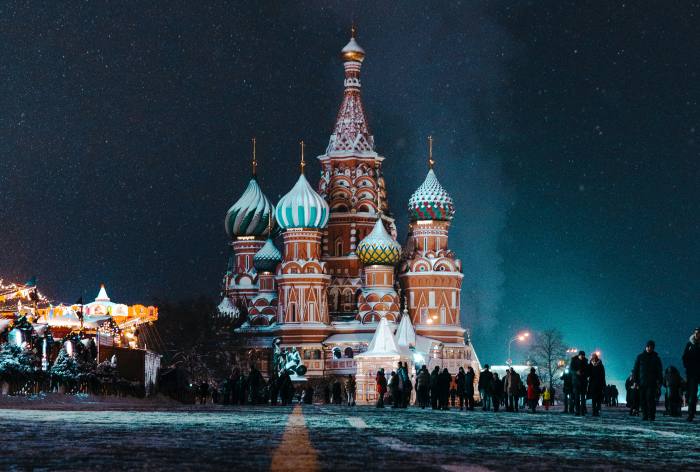
It has now been two months since Russia first sent troops into Ukraine – an event that, by all accounts, has caused mass devastation and roiled the global markets.
As with any crisis of this magnitude, the media has been rife with headlines prophesying the various avenues that the war could follow, the progress of peace talks, and even the potential for long-term market unrest.
It goes without saying that the most important consequence of the military actions is the tragic human cost, rather than the day-to-day happenings of the stock market, but inevitably the conflict does bring with it significant consequences beyond the borders of Ukraine.
One such consequence has been the initial stock market reaction; when Russia first sent troops into Ukraine, global share prices headed southwards, with the UK’s FTSE 100 index losing 7.2 per cent of its value from February 23 to March 7.
In March the S&P 500 saw its most drastic one-day drop since May 2020. Amidst a war with no end currently in sight, and mounting sanctions in place to cripple the Russian economy, inflation continues to surge and companies who continue to do business with Russia face reputational risks like never before.
With the situation quickly changing both on and off the battlefield, how is the crisis impacting investors?
Wait and see
Despite what many might expect – that is, a reactive response to the conflict – investors are taking a ‘wait and see’ approach. In fact, the majority appear unperturbed by the conflict, given that a mere 14 per cent claim to monitor the situation when thinking about their investment strategy, according to a recent survey conducted on behalf of HYCM.
Even fewer say that they have changed their strategy since the conflict first broke out, with just 10 per cent stating that they have taken action.
Is this a surprise? Perhaps not as much as one might think. Despite the initial market volatility and media fanfare foretelling stock market corrections and ruinous consequences for the global economy, these actions do fall in line with general investment wisdom, which reminds us to keep a level head and shut off the news in the face of chaos.
Obviously, markets tend to react to geopolitical risks, however many individuals will be mindful of reacting to short-term events. Many may also be aware of the fact that some geopolitical risk indexes, which measure geopolitical risks throughout history, speculate that we are still not close to the level of risk seen in the aftermath of 9/11.
In this instance, investors appear to be attuned to the fact that the market reaction to geopolitical events of this magnitude can be surprisingly mild. I have written about this phenomenon in the past, with events throughout history such as the North Korean missile crisis and the bombing of Syria in 2017 resulting in a curiously measured market response. Often, despite the scale of human suffering, the markets can be quite unrelenting.





